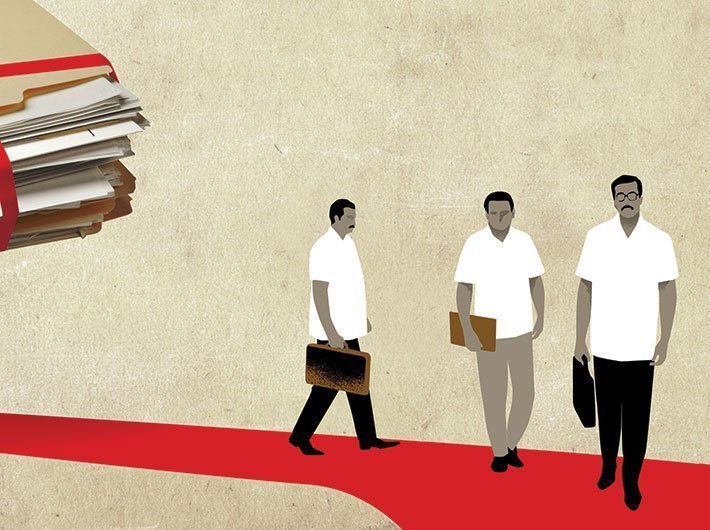When self-reliance is the buzzword, it is time to build and promote homegrown think tanks
‘Atmanirbharta’ of self-reliance is the buzzword within the circles of Indian policymakers. The irony here, however, is that though all policies are focused on becoming self-reliant, the thought processes behind the same come from foreign institutions and other sources. Yes, this may sound ironical, but this is the reality of the Indian policy-making process. It is quite a disturbing trend and clearly against prime minister Narendra Modi’s stated objective of building an Atmanirbhar Bharat. This doesn’t augur well for a country which is claiming to create and offer its own unique development model as there seems to be an over-reliance on a few MNC consultants.
This article aims to explore this further by addressing the following:
1. What is happening in the policy-making scenario?
2. Why is it happening?
3. How is it happening?
4. What is the solution to achieve self reliance in this arena?
Firstly, let's discuss what’s happening with regard to the policy-making process. We all know that starting from the leading think tanks like NITI Aayog to any second level think tank in India – they outsource either the framework, report making or the data collection to foreign consultancies like McKinsey, Deloitte etc. There are no world-class standalone Indian think tanks which take the policy-making work forward from scratch. It is also disconcerting that the strategy and plan to deal with India’s governance issues is being suggested by consultants whose expertise lies in the management function and that too in the corporate world. The government should look within India for Indian think tanks and start working with them too.
Secondly, why is such a foreign intervention happening? This is because of the lack of any credible Indian consultancy firms which can compete with the likes of ‘Big Four’. If we take a closer look at the employees of these big consultancy firms, we will find that the majority of those working here are from the IIMs or the IITs. These are the Indian brains working on the thought process and frameworks of foreign think tanks. Further, in all these institutions, the curriculum is geared towards training students on BCG frameworks and the like. The Indian
institutions fail to replicate the models used by Chanakya and others fit for the Indian scenario.
A lot of strategy consultation and policy research work for the central and various state governments is currently done by five or six management consulting companies like McKinsey, PWC, KPMG, Deloitte etc.
Thirdly, how is it happening? We often hear about the chair professorships being established in the Ivy League universities by Indian corporates. It's a good sign of going global. However, if such funding can come to Indian think tanks and institutions, India can offer world-class consultancy firms to the entire globe in no time. Recently, the Uttar Pradesh government signed a Rs 140 crore deal with Deloitte. In this arrangement, Deloitte will help it create a vision plan to achieve a 1 trillion dollar economy. Uttarakhand signed a similar deal with McKinsey.
Last but not the least, what is the solution to achieve self-reliance in this arena? The solution has to be three pronged: (a) Get donors from India and abroad to the think tanks who are promoting the Indian line of thought, (b) in a phased manner, incorporate the changes in the curriculum of the UG and PG level courses by introducing Indian thought, and (c) attract talent pool to Indian think tanks.
One key issue that emerges out of all the above exercise is sharing of confidential data with foreign organisations. The time is right that the government starts thinking of developing self-reliance in strategy and policy consulting.
Dr Palakh Jain is Associate Professor at Bennett University and Senior Visiting Fellow at Pahle India Foundation.
